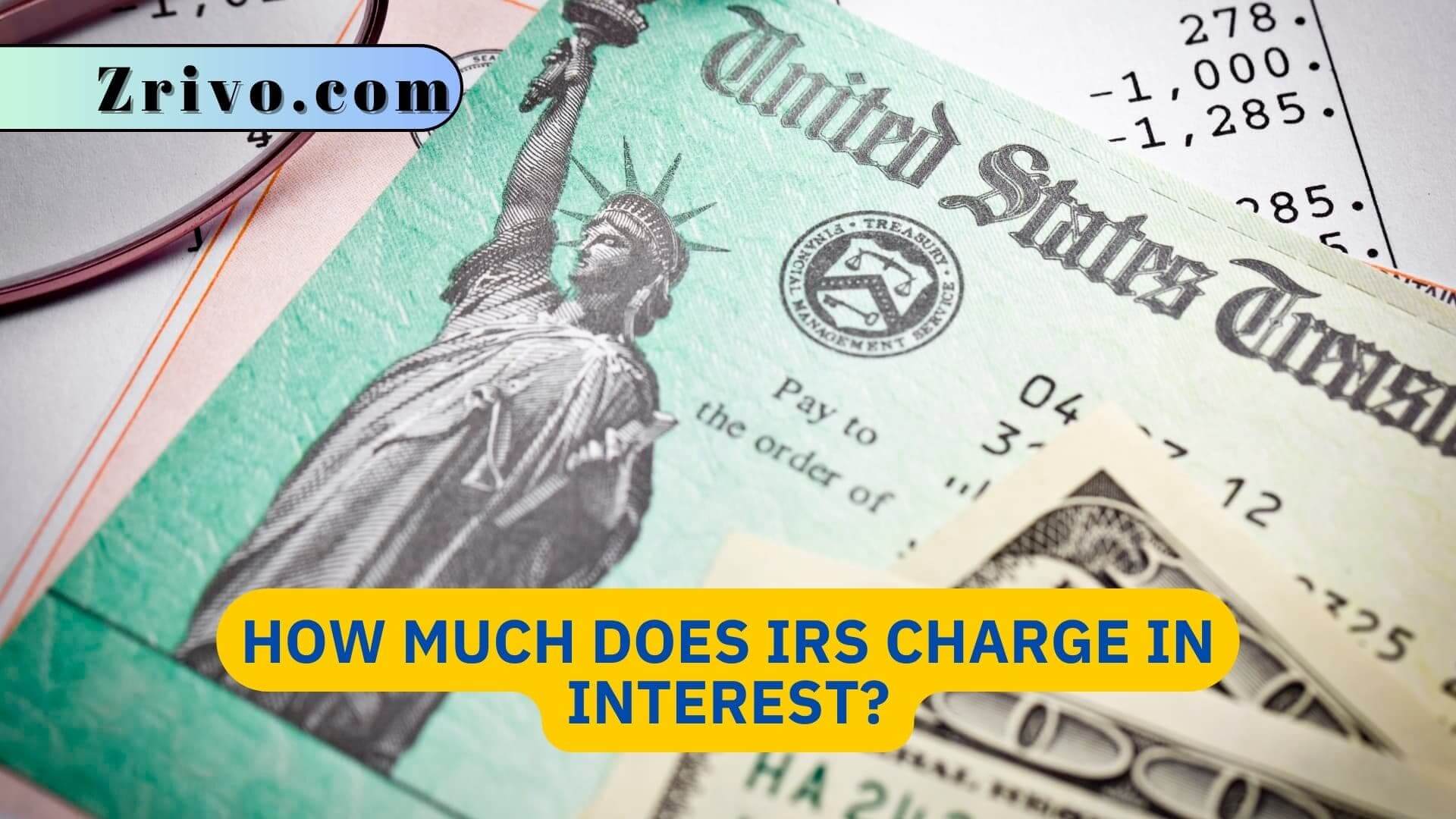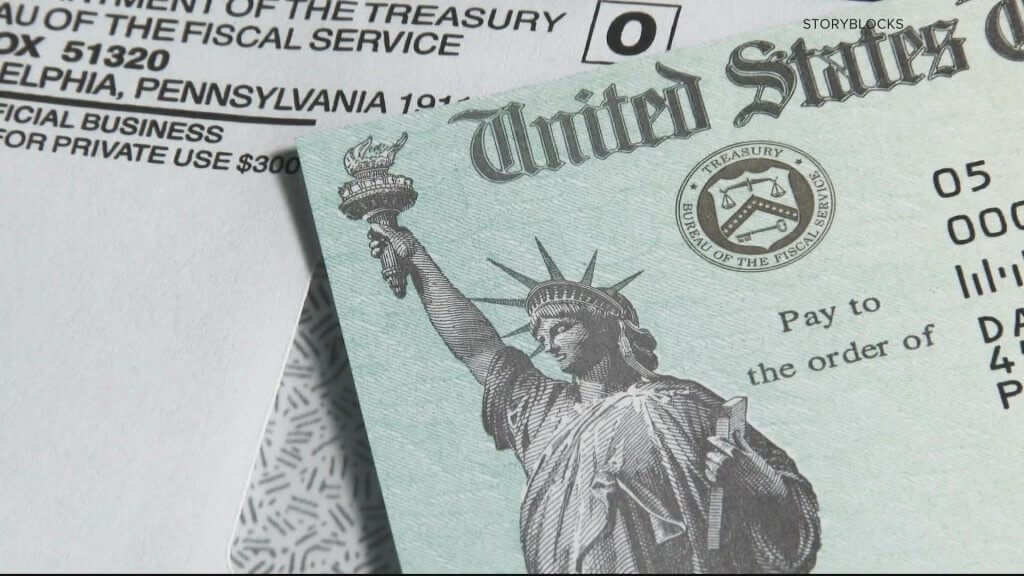
The Internal Revenue Service (IRS) collects taxes and enforces tax laws in the United States. In addition to the taxes owed, the IRS may also impose interest charges on unpaid tax liabilities. This article aims to understand how the IRS calculates interest and the rates applied to outstanding tax debts. The IRS interest charge is a mechanism employed by the Internal Revenue Service to address unpaid tax liabilities. When individuals or businesses fail to pay their taxes by the due date, the IRS imposes interest on the outstanding balance to encourage timely payment. The interest charge serves as a way to compensate the government for the delayed receipt of funds and to ensure fairness among taxpayers
IRS Interest Calculation Methods
The IRS calculates interest using two primary methods: the Simple Daily Interest (SDI) method and the Compounded Daily Interest (CDI) method. The method used depends on the specific circumstances of the tax liability.
a) Simple Daily Interest (SDI): The SDI method is used for most individual and business taxpayers. Under this method, interest is calculated daily based on the unpaid balance of the tax liability, the applicable interest rate, and the number of days the balance remains unpaid. The formula for calculating SDI is as follows:
- Interest = (Unpaid Balance) x (Interest Rate) x (Number of Days) / 365
b) Compounded Daily Interest (CDI): The CDI method is applied to some types of penalties, large corporate underpayments, and certain international tax situations. Unlike SDI, CDI calculates interest on a daily basis and compounds it at regular intervals. The formula for calculating CDI is more complex, taking into account compounding periods, but the concept remains similar.

Interest Rates
The IRS determines the interest rates applied to unpaid tax liabilities based on the federal short-term rate. The IRS establishes the federal short-term rate on a quarterly basis, and it reflects the average market yield of outstanding marketable Treasury obligations with maturities of three years or less.
a) Underpayment and Overpayment Interest
Interest Rates: For individuals, the interest rates for underpayments and overpayments are generally the same. The interest rate for underpayments and overpayments is 7% per year, compounded daily.
b) Different Interest Rates for Corporations: Corporations may have different interest rates for underpayments and overpayments. These rates can be found in the instructions for the appropriate tax forms or on the IRS website.
- Interest Accrual Periods: Interest on unpaid taxes begins accruing from the due date of the tax return, excluding any extensions, until the date the tax liability is paid in full. The interest is calculated separately for each tax period and may vary if multiple tax periods are involved.
- Avoiding or Minimizing Interest Charges: To minimize interest charges or avoid them altogether, paying taxes owed as soon as possible is essential. The IRS provides several options to facilitate payment, including installment agreements, offers in compromise, and electronic payment methods.